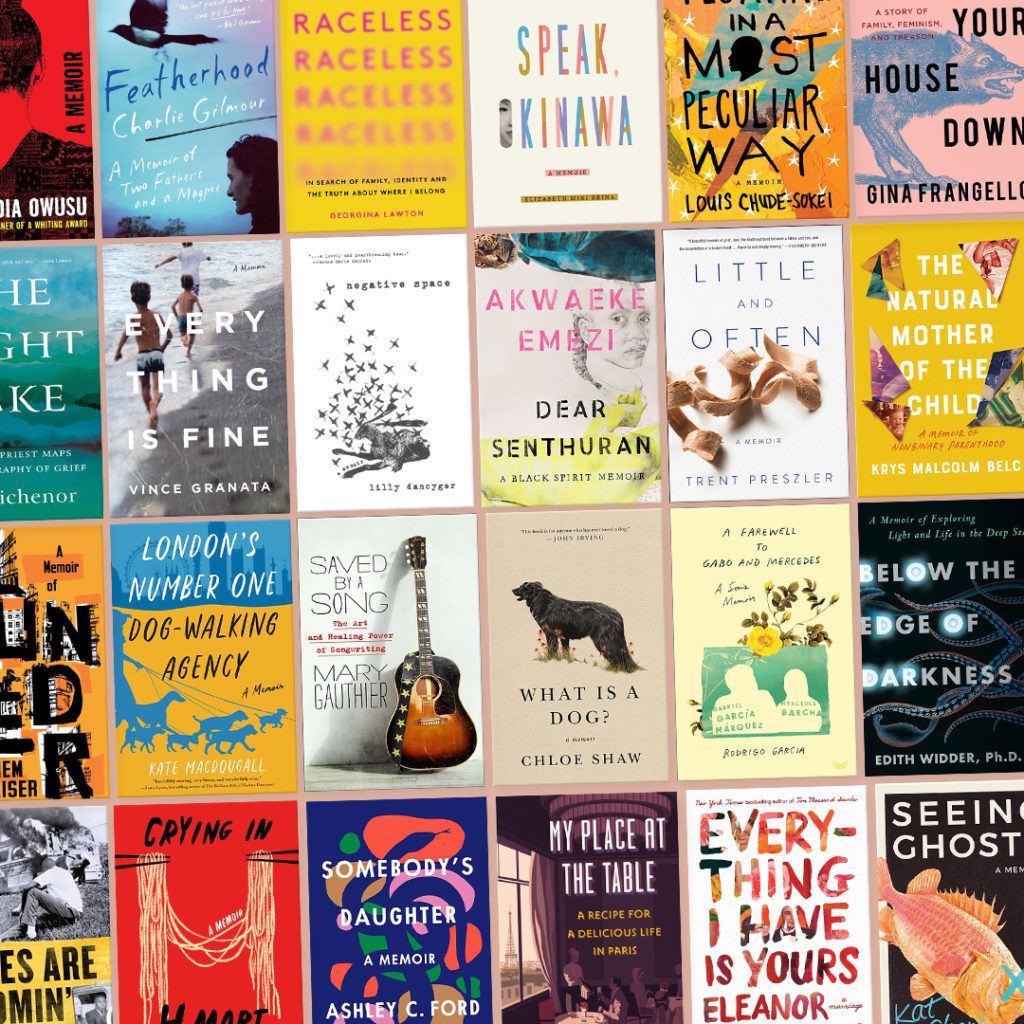When Alexander Lobrano arrived at a Paris bistro one evening, the maitre d’ led him to a table where an older woman sat sipping a glass of white wine. Eventually, with “an avalanche of awe,” Lobrano realized his companion was none other than Julia Child. After confessing that he hoped to someday become a food writer, she replied, “That’s a good boy. But you don’t want to get too big for your britches.”
That memorable scene epitomizes Lobrano’s memoir, My Place at the Table: A Recipe for a Delicious Life in Paris. It’s a scrumptious, humor-filled love letter to Paris and its food, written by a James Beard Award-winning writer who is the first to admit that his life’s trajectory sounds highly improbable: “suburban Connecticut guy becomes a restaurant critic of a leading French newspaper.”
Lobrano’s childhood memories are rich, although laced with sadness, loneliness and sexual abuse. His father worried that Lobrano was “a bit of a fruit loop” and sent him off to a two-month “Adventure Camp” in hopes of transforming him into a “regular boy.” Gradually, food became Lobrano’s savior: “my muse, my metaphor, and my map for making a place for myself in the world and finding my place at the table.”
By happenstance, as a young man in 1986, he landed an editorial position at Women’s Wear Daily in Paris to write about menswear, a topic he found “excruciatingly dull.” His slow, steady attempts to transition to food writing are fascinating fun, and Lobrano’s nonstop curiosity and enthusiasm are particularly engaging—especially when they lead him to a dinner with Princess Caroline of Monaco and several encounters with Yves Saint Laurent.
Lobrano’s culinary heritage is hardly sophisticated; in fact, his mother was a Drake of Drake’s Cakes fame. (Remember Ring Dings and Devil Dogs?) At one hilariously recounted dinner with renowned food writer Ruth Reichl, Lobrano’s mother told her, “Andy’s favorite foods when he was little were Cheez Doodles and Sara Lee German Chocolate Cake.” But by the end of Lobrano’s transformation into a cosmopolitan restaurant critic, readers will find themselves longing to be seated at a Parisian table alongside him. (If this can’t be achieved, his memoir contains the next best thing: Lobrano’s list of his 30 favorite restaurants in Paris, with descriptions.)
Lobrano concludes that “gastronomic expertise is dull and can be irritating unless it’s leavened by humility, humor, and emotion.” Rest assured, there’s never a dull moment in My Place at the Table. It’s a veritable feast of humility, humor and emotion.

